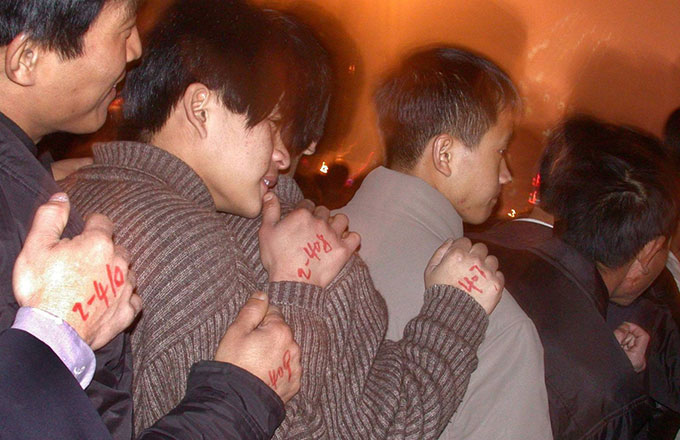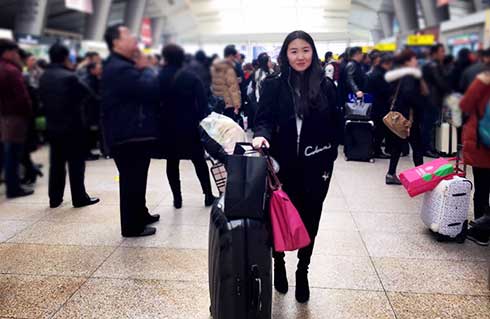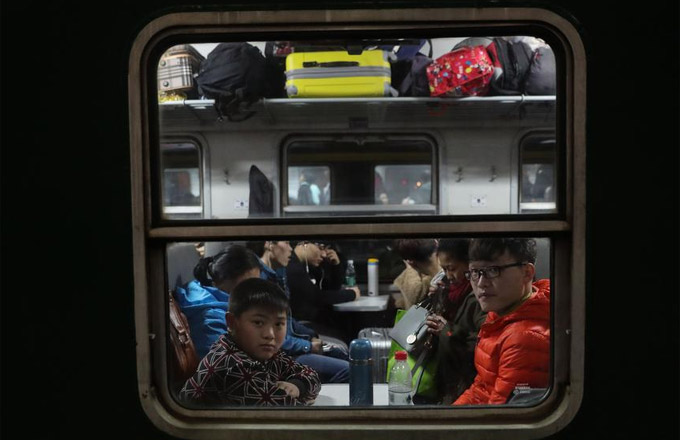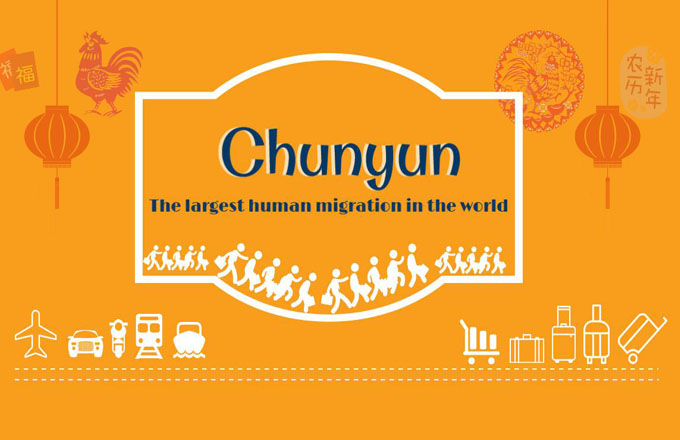Lonesome lives
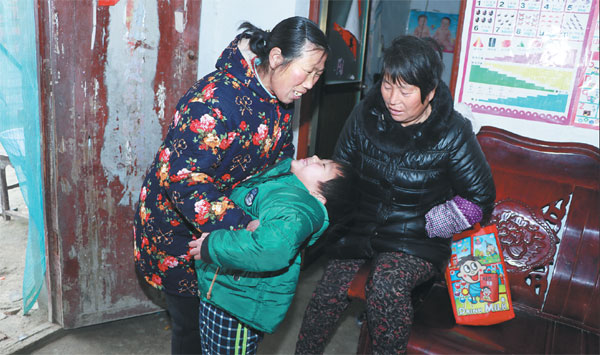 |
|
Song Jinlan (left) says she feels most desperate when her grandson (center) falls sick. [Photo by Zhu Lixin/China Daily] |
While at least 8 million grandparents form the backbone of second-generation parenting in China today, this aging group with limited resources at their disposal, are often unable to provide the emotional support that their grandchildren, especially teenagers, need.
"Some problems of left-behind children are being solved with the country's economic progress, but their physiological lives still need attention," says Lu Shizhen, deputy chairwoman, China Youth and Children's Research Association, a Beijing-based affiliate of the China Youth University of Political studies.
Lu emphasizes long-term professional counseling not just for the affected children but also for their primary caregivers.
The children of migrant couples are "de facto orphans", she says, adding that a mix of economic and social reasons has triggered the situation.
According to the new survey, a percentage of the 9 million children largely live without adult supervision on a daily basis, effectively forcing them to stay alone.
In an appalling case last year, police reported the deaths of four siblings, aged 5 to 14, in Guizhou, among the country's poorest provinces. In a "suicide note" before they died, the eldest said their mother who worked in a different place, hadn't visited them in a year and a half.
Other than abject loneliness, unsupervised children in particular are at risk of sexual abuse.
A few years ago, 19 cases of sexual assault on girls under the age of 18 were registered in Henan province, China Youth Daily reported.
With the majority of "left-behind" children living in villages, there's also a need to include more women in countryside Party committees, Lu says.
Last year, the State Council, China's cabinet, issued a set of guidelines for local governments to follow, including on setting up more child welfare centers across the country.
"How central policies percolate down to the grassroots level is the key question," Lu says.
That's where the real implementation is necessary.
Zhu Lixin and Wu Yue contributed to this story






